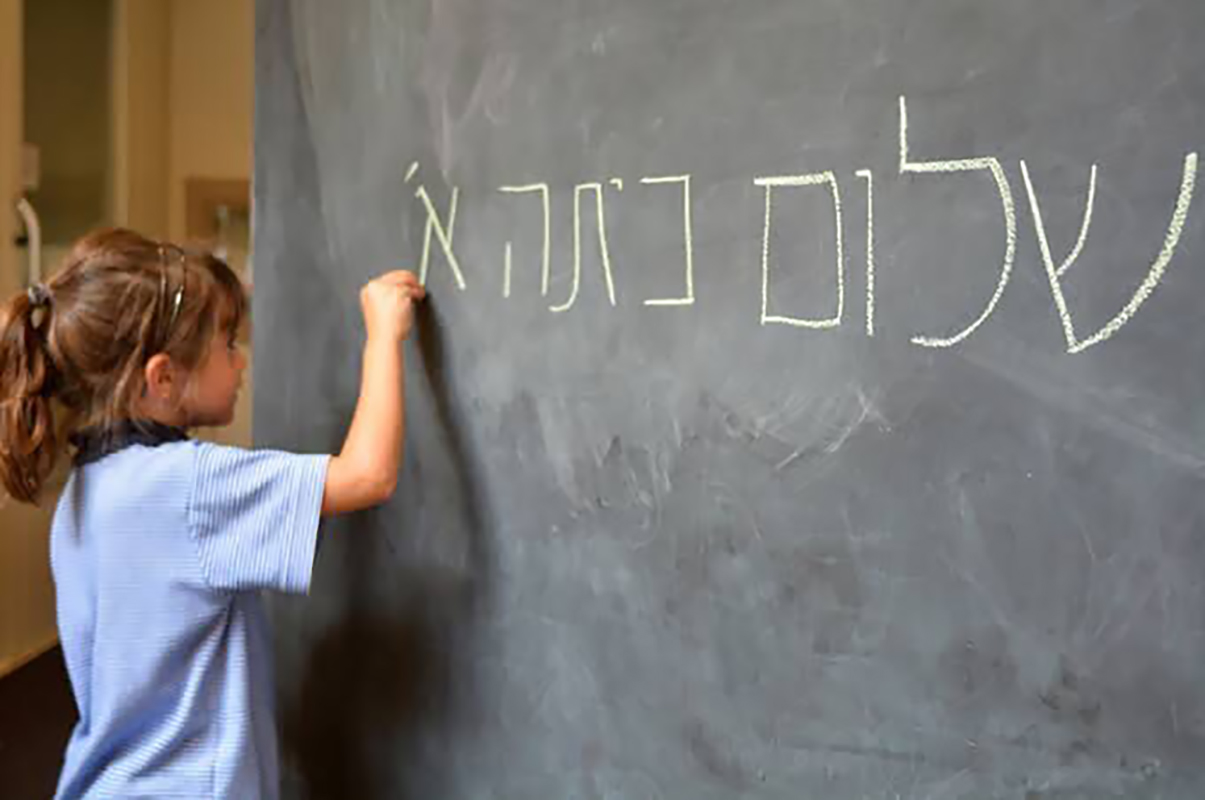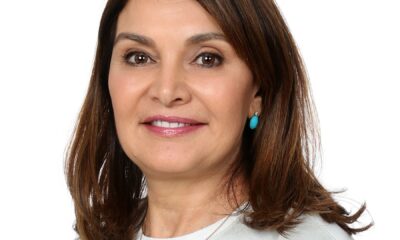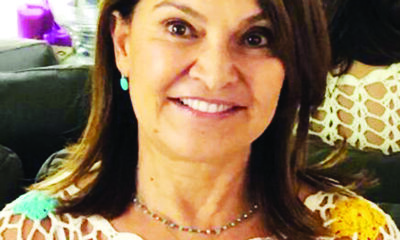
Lifestyle

Community acts to resolve Hebrew teaching crisis
Teaching our children Hebrew is one of the things that truly sets Jewish education apart, and it’s a driving factor in the decision to send children to Jewish schools. But the subject is facing significant challenges.
Jewish schools in the Western Cape have been the most severely affected, and their counterparts in Johannesburg aren’t far behind. The problem isn’t limited to South Africa – experts say it’s a dilemma facing diaspora communities worldwide.
Geoff Cohen, Jewish identity and community director at United Herzlia Schools in Cape Town, confirms that “one of the biggest challenges we face as a Jewish school in Cape Town is the scarcity of Hebrew teachers. The Jewish community has been shrinking, and this has had an effect on the number of Hebrew educators available to teach in our schools.
“Many of our existing Hebrew teachers have returned to Israel, and there are very few options for our community to study Hebrew at South African tertiary institutions. The pool of Hebrew teachers in South Africa is decreasing, and all Jewish schools seem to be in a similar predicament. Colleagues at Jewish schools in English-speaking countries around the world have indicated that they, too, are facing similar challenges.”
Thankfully, the South African Jewish community has taken the first steps to remedy the situation, as 20 Hebrew teachers from around the country started an Advanced Hebrew Training Course through The Academy of Jewish Thought and Learning. The course is powered by Middlebury College in Vermont, the leading programme in the world on how to teach English speakers Hebrew as a second language.
“Two of our teachers have just started the Advanced Hebrew Training Course,” says Cohen. “Another solution could be to bring teachers from Israel, but this is costly and there are often cultural challenges. A different solution is to look at online Hebrew curricula that could possibly use expert teachers in other cities or even other countries.”
Rabbi Ricky Seeff, the director of the South African Board of Jewish Education, says, “One of the things King David has tried is to bring shlichim – teachers who come for three years or a bit more and work in our system. They’re Israelis, they’re teachers, and we bring them out to teach, particularly the senior grades. But it’s expensive and presents challenges in finding the right people.
“So thankfully, we’ve recently engaged with The Academy to start creating a pipeline. We are taking local South African talent who understand Hebrew and training them so that they can teach. At the same time, we’re giving some Israelis in the system proper teaching degrees and contributing to their learning.”
In spite of the challenges, “King David’s results and the amount of kids taking Hebrew is still outstanding,” says Seeff. “Hebrew forms the core of so much of what we do, so we’re committed to finding a sustainable solution into the future.”
The Academy course is possibly the first formal step in decades taken by the South African Jewish community to professionalise teaching Hebrew as a subject.
“South Africa is one of the few diaspora communities where there are no communal structures in place to train teachers and leaders entering the Jewish education system, specifically Jewish Studies and Hebrew,” says Rabbi Ramon Widmonte, the dean of The Academy. “Various structures existed in the past, but for various reasons, they were discontinued. The net result is that, particularly over the past 20 years, there has been no programming directed towards Hebrew or Jewish Studies, both for teaching the subjects or for leadership.”
“Hebrew has been worst hit,” says Widmonte, “There was a surge of immigrants from Israel to South Africa in the 1980s and 1990s, and many of those people became leaders in Hebrew teaching. However, many of them are at an advanced age and immigrants are no longer coming. This has led to a significant shortage of Hebrew teachers. In some places in South Africa, far fewer children are taking Hebrew as a matric subject.”
“Our community relies on Jewish education in our school systems to ensure continuity,” Widmonte says. “But without attracting qualified, capable Hebrew teachers and training them, it’s simply not going to happen. We need to make it a priority. Until now, schools had no way to recruit new Hebrew teachers.
“The upskilling process includes professionalising the Jewish education space, and ensuring that South Africa has degrees and qualifications applying to teachers in these fields. Until now, South Africa has never had a Postgraduate Certificate in Education in Hebrew and Jewish Studies. From August this year, a local teachers’ college will offer it,” Widmonte says.
Widmonte says many schools have come on board. “They realise the need to search for solutions. If we don’t act now, we simply won’t have any Hebrew teachers. So we need to professionalise and recruit. Within a year, we’ll see a major difference, please G-d.”
Finally, there will be continual professional development so that the quality of Hebrew education will remain high.
All this requires funding, and Widmonte is grateful to “visionary donors” who realised this need and are supporting these ventures.
Teachers have also reacted positively. “They have been the most worried about who will replace them and how to improve,” Widmonte says. “Every teacher has come on board with tremendous vigour and energy. They know how important this is.
“Hebrew is an identity marker and a door opener to participate in Jewish life: religious, traditional, and Israeli,” he says. “It allows you to read and participate in shul, lead the Pesach seder, or haggle on the streets of Tel Aviv. It’s one of the ‘binding factors’ of our Jewish community. A lack of Hebrew makes our children uncomfortable in shuls, and strangers in Israel. It would undermine their Jewish identity.”
He dreams of taking this even further, of Jewish children learning Hebrew at a young age at the same time as they learn to speak their mother tongue.
Widmonte believes the community should view this as a “sea-change moment” – a time to invest in infrastructure that underpins our schools. “Our kids should rave about their Hebrew and Jewish Studies teachers. We shouldn’t be prepared to accept any less.”











Jeff HOPKINS
May 23, 2024 at 7:32 am
DISAPPOINTED IN SO CALLED “WE ARE HOUNERABLE JEWISH PEOPLE” HURTFUL YES > HOUNOURABLE > DEFINITELY NOT! VERY SAD INDEED !!!